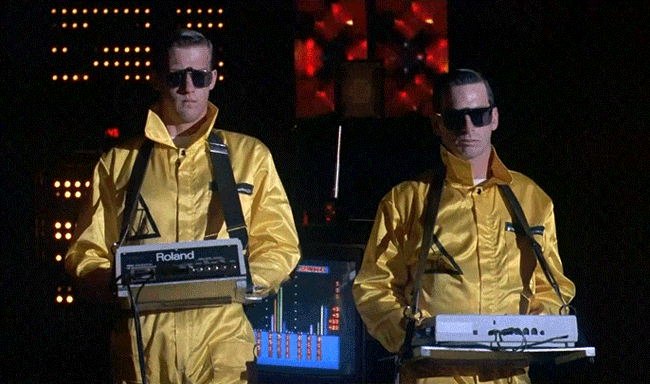The NephJC Summer Book Club is returning for the third time. This year we are reading Vanessa Grubb's Hundreds of Interlaced Fingers. Once again we have engaged the members of both the Nephrology Social Media Collective Internship and the NephJC Workgroup to write chapter summaries, allowing us to blog our way through the book.
But we have an additional ace up our sleeve, Dr. Grubbs is a member of the NSMC Internship and so we have the author, in her own words to kick-off our blogging the book.
Please enjoy the blog posts over the next week and then join us next Monday, July 24 at 9pm EDT and Thursday, July 27 at 8pm BST to discuss the book on Twitter, hashtag #NephJC.
Introduction to the book by Vanessa Grubbs
The writing of HUNDREDS OF INTERLACED FINGERS has been quite the adventure and I have been extremely fortunate. Most aspiring writers don’t get a literary agent and most of those who do get an agent don’t get a book contract at all, much less with a prominent publishing house.
The thought, “I think I have I book in me,” first crossed my mind five years ago. Then, the only message I intended to convey—Dialysis should not always be the response to kidney failure. This universal message would apply to everyone, regardless of race or socioeconomic status. Because there is no getting out of life alive, no matter how rich or privileged you might be.
I spent a year crafting a book proposal. It outlined how each chapter would illustrate that message through the often tragic stories of patients I had encountered since nephrology fellowship. I sent it to Mary Evans, the literary agent who represented Victoria Sweet, author of God’s Hotel, and Abraham Verghese, author of The Tennis Partner and Cutting for Stone. She called me, telling me that she wanted to work with me, asking if I wanted to work with her. Yes! Yes! I told her. She loved my writing style. My book proposal? Not so much.
“Vanessa, nobody wants to buy a book about death, dying, and dialysis,” she said. “You have to put your personal story in it.”
I didn’t fight her. I had no problem writing my memoir, as I am very much the open book type anyway. Especially with a little alcohol on board. However, to tell my story meant that I had to tell the reasons why I decided to donate my kidney in the first place, which meant race had to become a considerable focus in the book. I don’t know how to separate doctor me from Black person me.
But that meant that the end-of-life stuff I set out to write about ended up being relegated to two chapters. And now as I venture out to promote the book, the love story and race disparities in access to kidney transplant are pretty much all anybody wants to talk to me about. I’ve tried to come to terms with that, because there is so much people should know about access to kidney transplant and, hey, whatever it takes to bring people to the book. If people read it, they’ll get my original message anyway. Right?
However, the absolute rudest realization in this writing journey was that I didn’t get to name my own goddamn book. I planned to call it TETHERED. TETHERED symbolized how patients are literally tethered to a dialysis machine and how we as a society are tethered to putting patients on dialysis because we can. In my mind, it even worked after putting my personal story in it— transplant tethered Robert and me together in a positive, beautiful way.
But Marketing said “no.” They just dismissed my title out of hand. They didn’t care about my reasons. And I learned that once you sign your name on the book contract, you sign away the right to name your own goddamn book. The only way around it would have been to self-publish and with the sometimes controversial content of the book, I felt I needed the backing of a publishing house to minimize how much trouble my writing would get me into. Or at the very least, with the backing of a major publishing house, I had earned the right to be taken seriously.
So the title HUNDREDS OF INTERLACED FINGERS evolved from my editor and her marketing team, using my own description of the kidney’s anatomy against me. And the subtitle? It came from my agent. I tried to argue that one too. Robert and I only matched at one of six genetic markers, I told them. But they didn’t care about that level of imprecision. It sounded good and would attract readers, they said. That’s all they cared about.
But none of that really matters now because I have a book. I have a published book that I am extremely proud of, in part because of how my agent, my editor, and even Marketing shaped it. This book is like a baby I’ve given birth to after a five-year gestation. And as painful as this process has been at times, it has been equally as satisfying and, just as I feel about the donation of my kidney that put me on this path to begin with, I would do it again. I might even have another book in me.





















Robert gets diabetes which forces both Robert and Vanessa to glimpse a dark future.